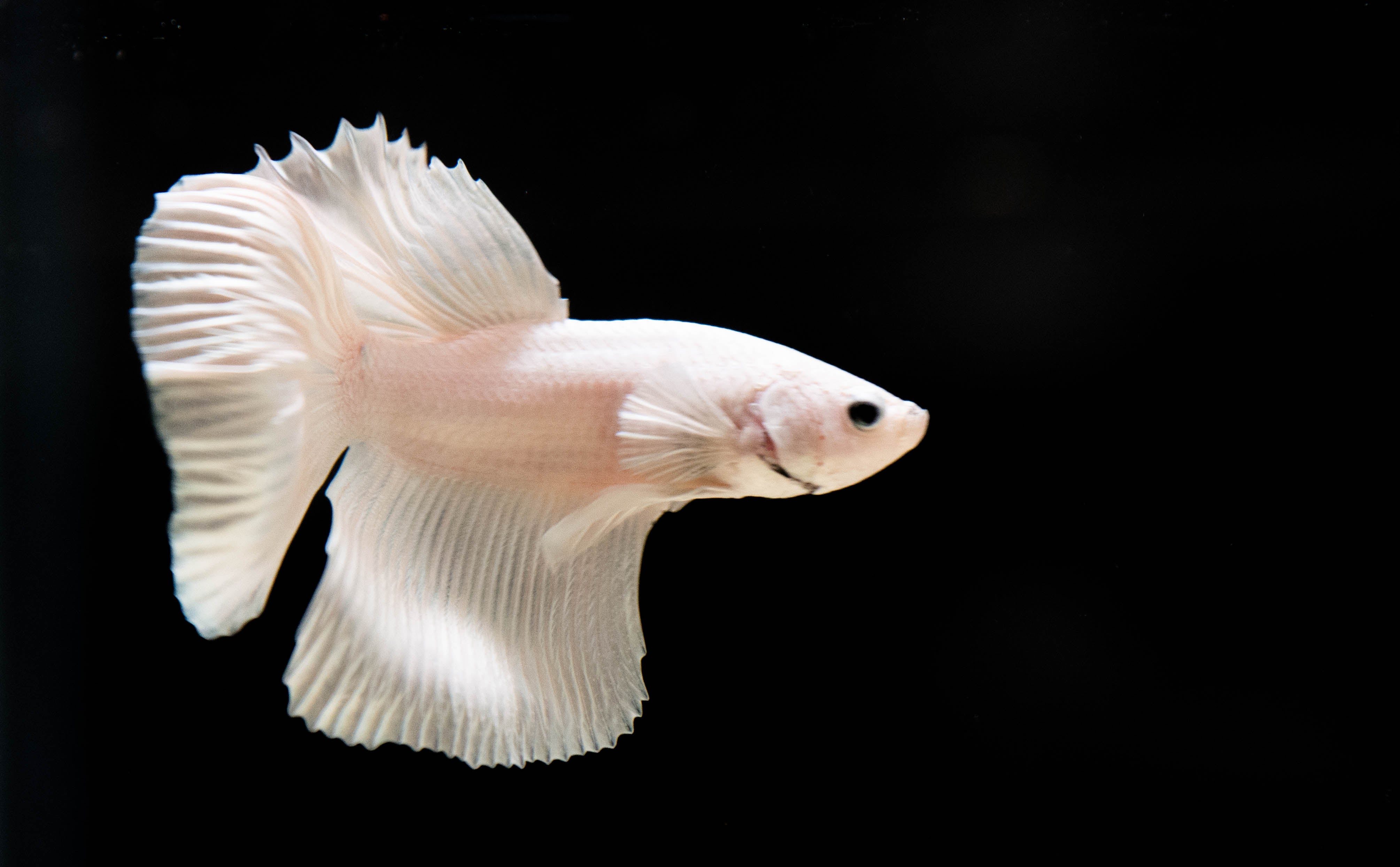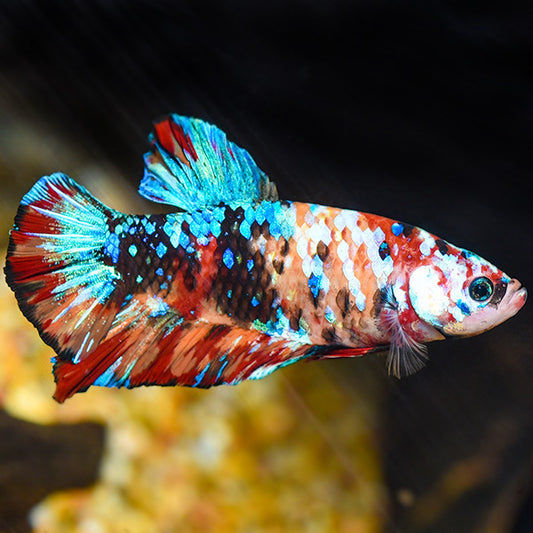Just how to Develop the Perfect Betta Fish Environment at Home
All About Betta Fish: Recognizing Their Distinct Demands, Behavior, and the Ideal Practices for Ideal Treatment
Understanding the one-of-a-kind needs and habits of Betta fish is important for any kind of aquarist wanting to give optimal treatment. These captivating creatures, belonging to the cozy waters of Southeast Asia, exhibit unique territorial propensities and require certain environmental conditions to prosper. From choosing the right storage tank dimension to recognizing prospective wellness issues, different variables significantly influence their health. As we explore these aspects additionally, the effects for both novice and skilled fish caretakers come to be increasingly apparent, questioning about how finest to suit these impressive fish in our homes.
Betta Fish Summary
Although often appreciated for their vibrant shades and streaming fins, Betta fish, scientifically known as Betta splendens, are intricate animals that require certain care to thrive. Originating from Southeast Asia, these freshwater fish are recognized for their territorial nature and distinct habits. Betta fish show sexual dimorphism, with men displaying extra vibrant shades and longer fins than women.
Their hostile propensities, specifically among men, require mindful factor to consider when housing them. Bettas are often maintained in single-specimen tanks to prevent territorial disputes. They can coexist in harmony with particular suitable species in bigger community tanks, offered the environment meets their demands.

To make sure optimal treatment, aquarists have to recognize their distinct behavior traits, nutritional needs, and environment requirements. betta fish. With correct attention, Betta fish can show their vivid personalities and prosper in a well-kept aquarium setting
All-natural Habitat and Setting
Betta fish thrive in a varied array of natural habitats, largely discovered in the superficial waters of Southeast Asia, consisting of rice paddies, swamps, and slow-moving streams. These atmospheres are characterized by warm temperatures, generally between 75 ° F and 82 ° F(24 ° C and 28 ° C ), and a pH level ranging from 6.5 to 7.5, which is excellent for their wellness and well-being.
In their natural surroundings, Betta fish are accustomed to thick plants, offering both shelter and reproducing premises. The presence of plants such as floating water lilies and thick grasses not only provides protection from killers yet also adds to the oxygenation of the water, which is necessary for their respiratory requirements. Furthermore, these atmospheres usually have locations of still water, enabling Betta fish to display their natural habits such as bubble nesting.
Recognizing the natural environment of Betta fish is vital for aquarium enthusiasts. Duplicating these problems-- through water temperature level, pH equilibrium, and the addition of live plants-- can substantially boost the general health and wellness and long life of these exciting fish, guaranteeing they prosper in a home aquarium setup.
Social Behavior and Interactions
Recognizing the social behavior and communications of Betta fish is vital for effective fish tank monitoring. Betta fish, or Siamese fighting fish, are known for their unique behavior qualities, defined largely by territoriality and aggression.
On the other hand, women Bettas exhibit less aggressive habits and can exist special info together in groups, referred to as sororities, if presented appropriately. Nonetheless, it is important to check their communications carefully, as pecking order and supremacy can result in conflicts. Recognizing the dynamics within a Betta area is essential; establishing hiding spots and ensuring ample room can reduce aggressiveness.
Additionally, Betta fish might also present interest and social behaviors towards various other species. While they can exist side-by-side with particular non-aggressive storage tank companions, it is vital to choose suitable types to avoid stress and hostility. Overall, acknowledging these social interactions is crucial to promoting an unified fish tank setting for Betta fish.
Necessary Treatment Standards
Providing correct treatment for Betta fish is vital to their health and wellness and health. Regular water adjustments-- approximately 25% weekly-- assistance maintain water quality.
Betta fish need an ideal tank dimension; a minimum of 5 gallons is recommended to offer ample space for swimming and hiding. Include decors and plants to develop a revitalizing environment, yet stay clear of sharp items that might hurt their delicate fins.

Lastly, guarantee the tank is equipped with a filter to maintain the water tidy, but use a gentle filter to prevent solid currents that can emphasize the fish. By adhering to these important care standards, proprietors can promote a healthy and lively Betta fish.
Common Health And Wellness Issues and Solutions
In the treatment of Betta fish, awareness of usual health and wellness issues is crucial for keeping their wellness. To treat fin rot, boost water conditions and think about making use of a broad-spectrum you could try these out antibiotic.
An additional usual disorder is ich, a parasitic infection characterized by white spots on the fish's body (betta fish). Treatment entails enhancing water temperature and including fish tank salt to the tank, as this can aid eliminate the bloodsucker
Swim bladder condition is additionally regularly observed, causing buoyancy problems. This problem might occur from overfeeding or irregular bowel movements. A fasting duration of 24-48 hours, complied with by a diet of blanched peas, can offer alleviation.
Finally, bettas might deal with velour condition, suggested by a gold dust-like look on their skin. Therapy generally requires medication particularly made for outside parasites, along with improved container hygiene.
Regular tracking of water parameters, preserving a tidy atmosphere, and giving a well balanced diet are crucial precautionary measures. By resolving these health and wellness issues quickly, Betta fish can lead much healthier, a lot more vibrant lives.
Final Thought
In summary, successful betta fish treatment needs an understanding of their distinct requirements and actions. Normal tracking of health and wellness and water high quality, along with a well balanced diet regimen, adds to the longevity and vibrancy of betta browse around here fish.